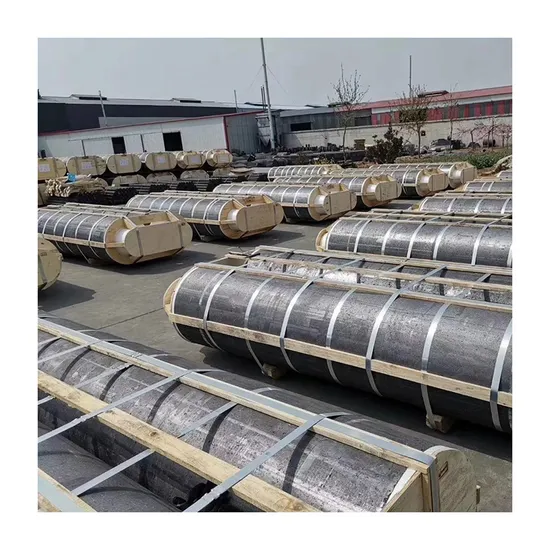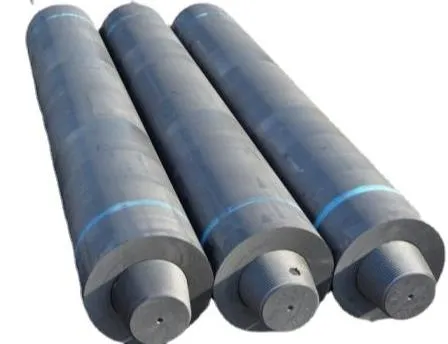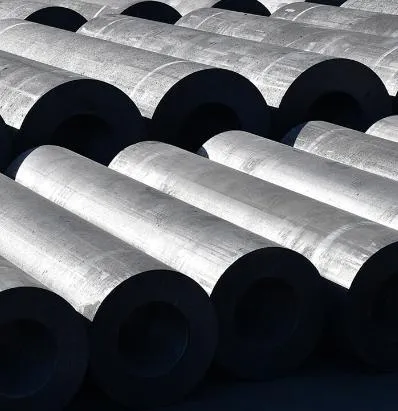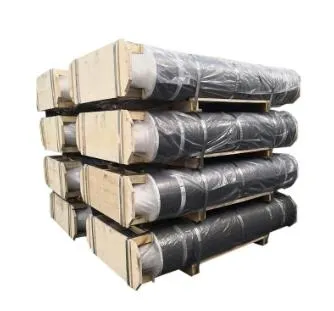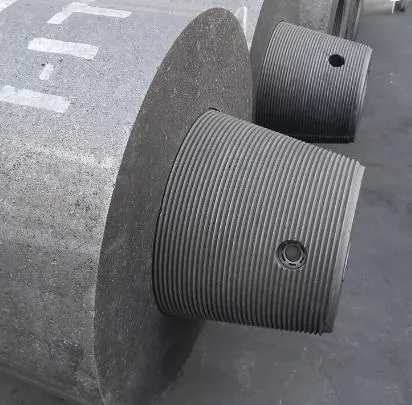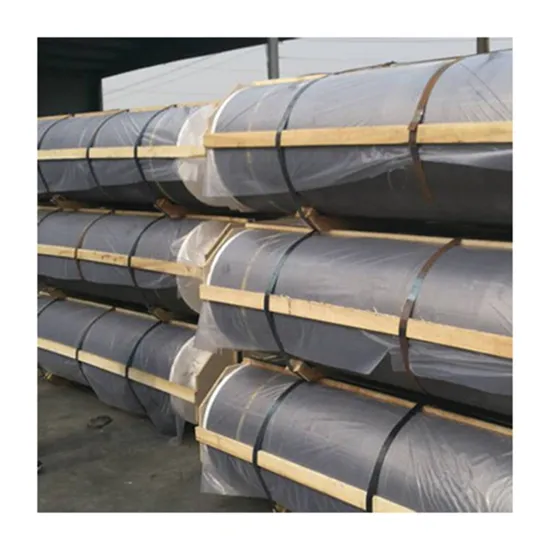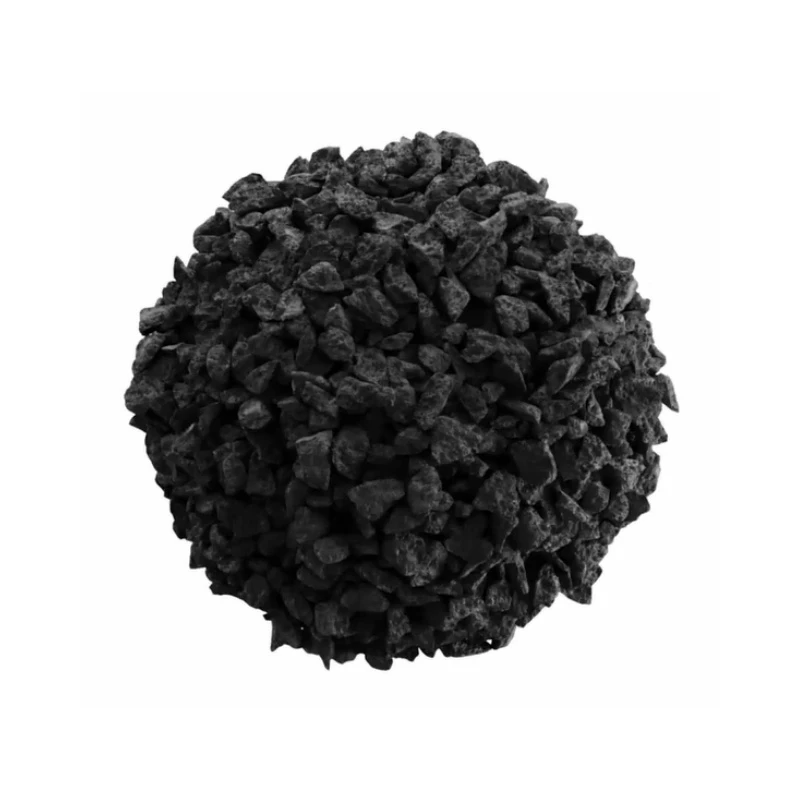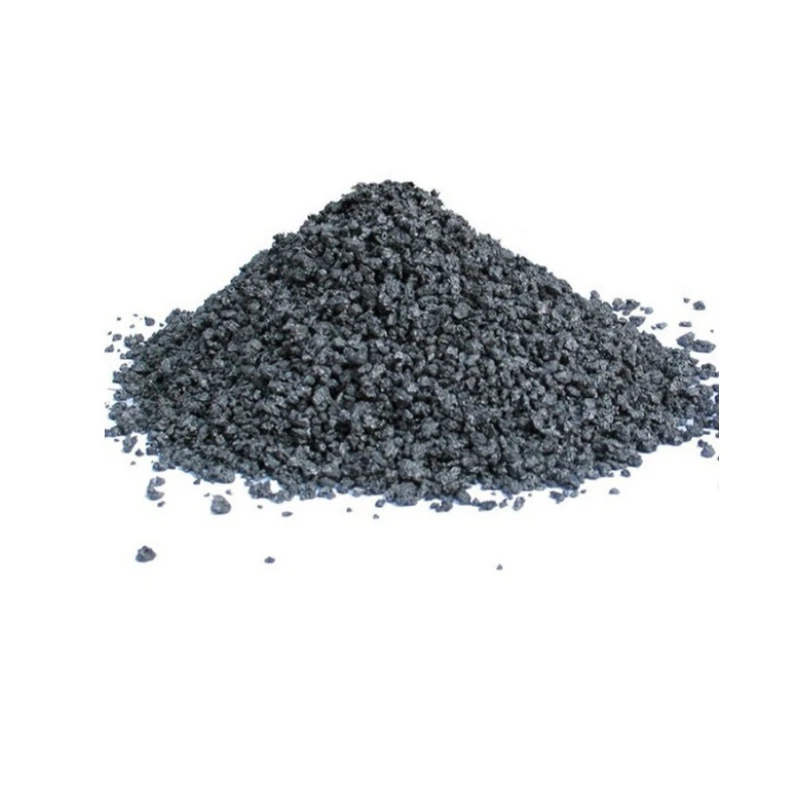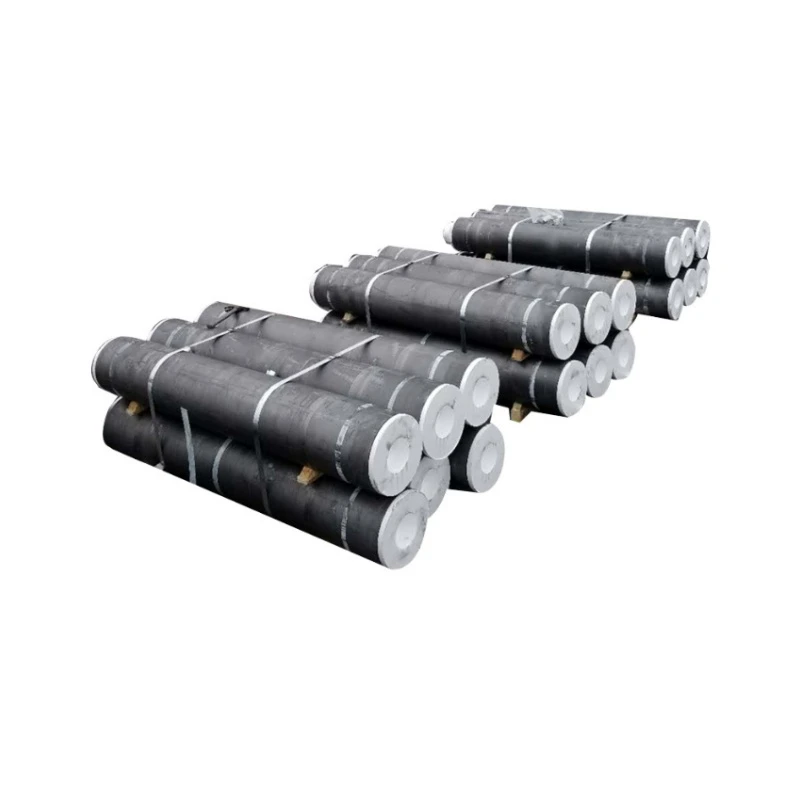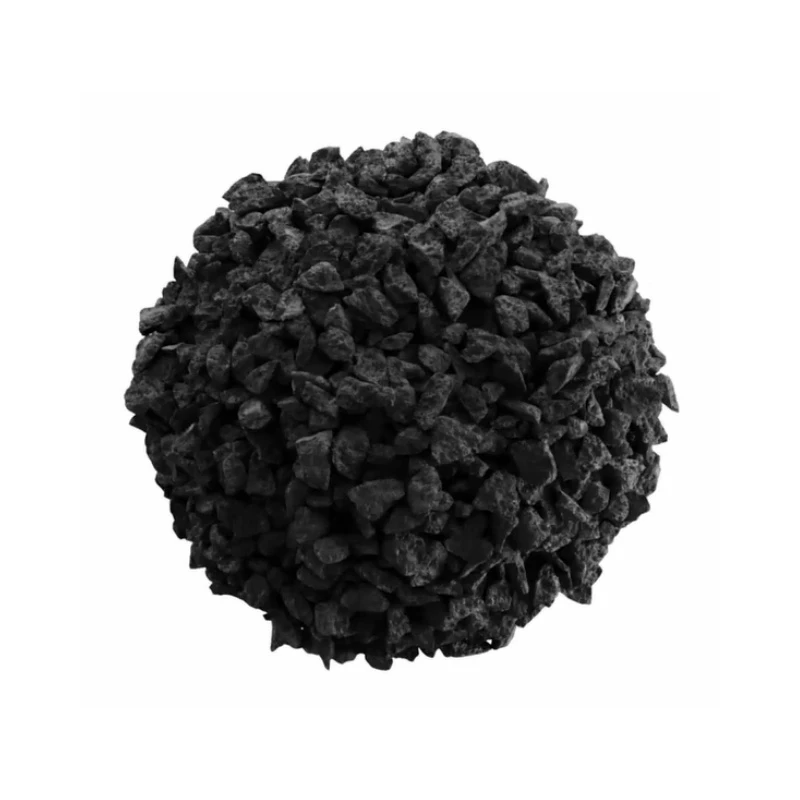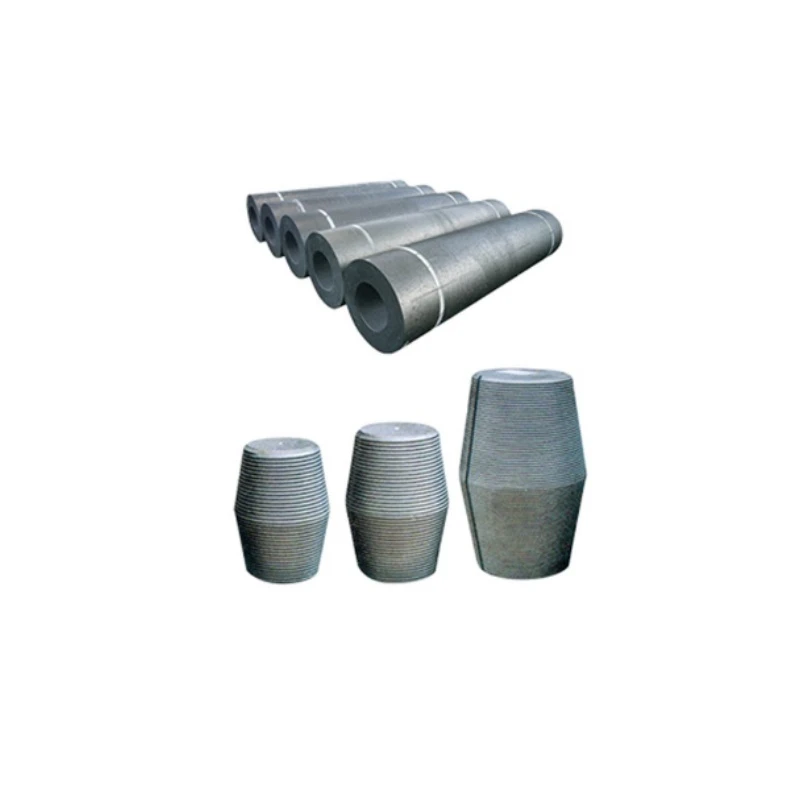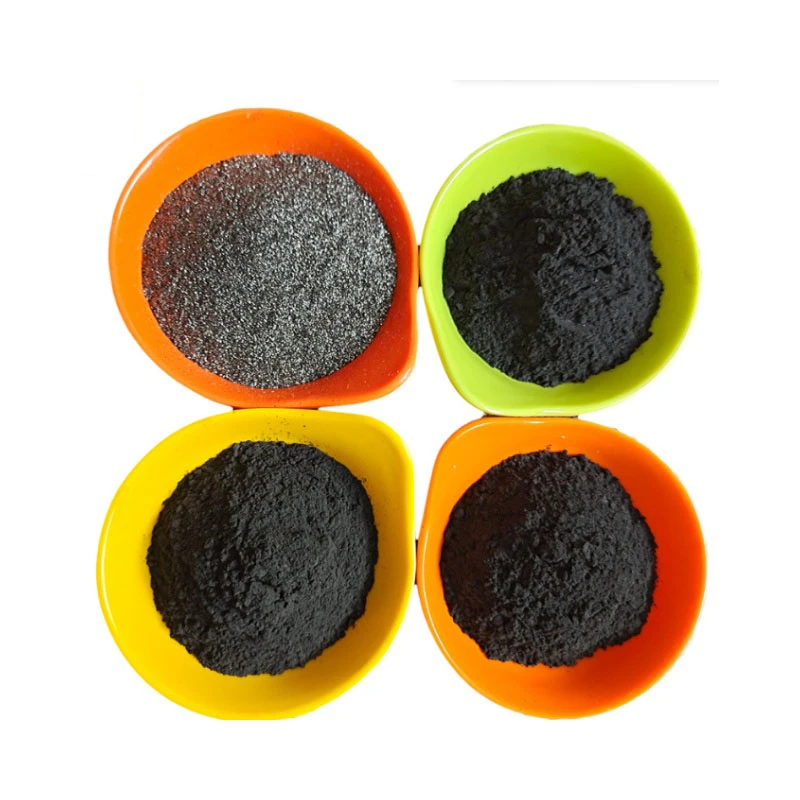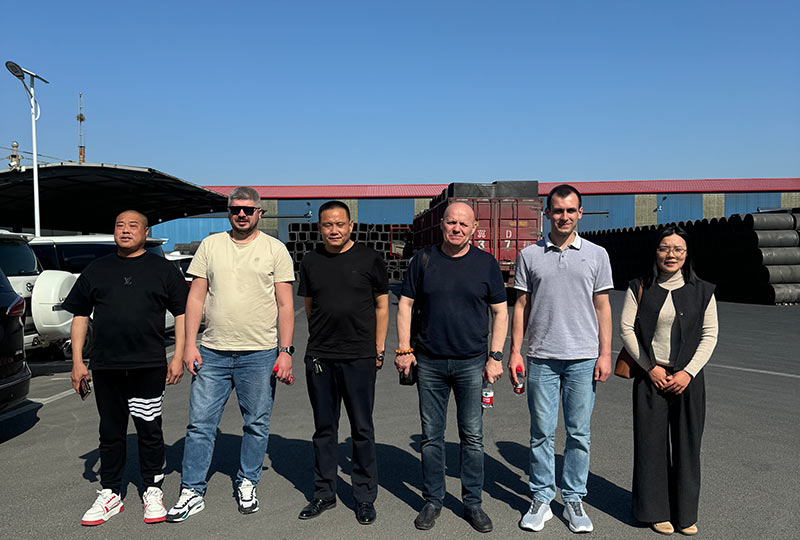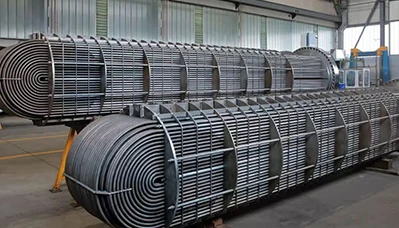- Englist


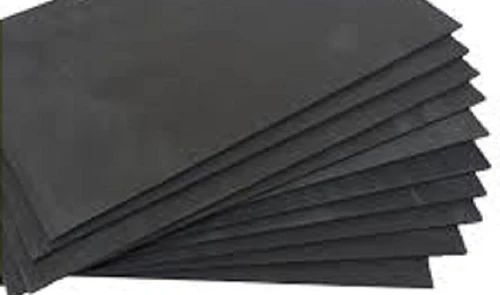
Outline:
- Essential role in modern metallurgical processes
- Technical advantages over alternatives
- Global production statistics and market trends
- Manufacturer comparison tables with quality metrics
- Industry-specific application requirements
- Steel foundry implementation case studies
- Purchasing considerations for industrial buyers

(graphite recarburizer)
Understanding Graphite Recarburizer Fundamentals
Graphite recarburizers serve as indispensable carbon additives in foundry operations globally. When molten iron loses carbon content during high-temperature processing, these synthetic compounds precisely restore metallurgical properties before casting. Unlike petroleum coke alternatives, graphite variants demonstrate superior absorption rates between 85-95% due to their crystalline structure. Major automotive foundries consume approximately 15kg per metric ton of ductile iron produced, with premium grades achieving carbon concentrations of 98-99.5%. Material science research confirms that optimized crystal alignment in graphite powder reduces waste slag by up to 22% compared to amorphous carbon sources.
Technical Superiority in Metallurgical Applications
The hexagonal lattice configuration enables unmatched performance characteristics critical for high-specification castings. Fixed carbon content exceeding 98.5% ensures minimal sulfur contamination (under 0.05%) that could compromise tensile strength. Industrial trials document that premium graphite recarburizer
improves carbide dissolution efficiency by 40% relative to calcined petroleum coke alternatives. Particle size distribution between 0.5-5mm provides dissolution completion within 8 minutes at 1500°C, crucially reducing furnace residence time. Leading manufacturers now employ micronization technology achieving 200-mesh fineness for thin-section castings requiring precise carbon recovery.
Global Supply Chain Analysis
International markets consumed 2.3 million metric tons of graphite recarburizers in 2023, with Asia-Pacific accounting for 65% of total demand. Production data indicates China currently manufactures 78% of global supply, though European suppliers command premium pricing (€850-1200/ton) for low-sulfur formulations. Import records show Indian foundries increased procurement by 34% year-over-year, while North American steel mills maintain strategic reserves for production continuity. Industry forecasts project 5.7% CAGR through 2028, driven by electric vehicle component manufacturing expansion requiring high-nodularity iron.
Manufacturer Performance Benchmarking
| Supplier | Fixed Carbon % | Sulfur Content % | Moisture Level % | Absorption Rate % |
|---|---|---|---|---|
| Standard Grade (Asia) | 97.5-98.2 | 0.08-0.12 | 0.8-1.2 | 82-87 |
| European Premium | 99.1-99.5 | 0.02-0.04 | 0.3-0.5 | 92-96 |
| American Specialty | 98.8-99.3 | 0.05-0.08 | 0.4-0.7 | 89-93 |
Industry-Specific Solution Development
Advanced graphite recarburizer formulations address distinct metallurgical requirements across sectors. Automotive component manufacturers require 200-325 mesh ultrafine powders with nitrogen levels below 200ppm to prevent casting pitting defects. Heavy machinery foundries utilize 1-3mm granules ensuring gradual dissolution in thick-section castings. For high-chrome iron applications (12-28% Cr), specialized low-ash formulations (<0.5%) prevent carbide precipitation faults. Leading suppliers now provide bulk density optimization between 0.5-0.8g/cm³ based on specific furnace injection system parameters, reducing dust loss by 15%.
Foundry Implementation Case Studies
A German automotive supplier documented 7.2% material cost reduction after switching to ultra-high purity graphite recarburizer formulations. Precision measurements confirmed consistent carbon recovery within ±0.03% of target compositions across 3,000 heats. Meanwhile, a Taiwanese hydraulic component manufacturer eliminated shrinkage porosity defects completely by implementing vacuum-sealed synthetic graphite with controlled volatile content below 0.8%. Production logs from an Indiana-based foundry revealed 18% energy savings after adopting optimized particle distribution designed for their 12-ton induction furnaces.
Selecting Optimal Recarburizer Suppliers
Procurement specialists evaluating recarburizer manufacturers must verify multiple quality certifications including ISO 9001:2015 for production consistency. Material test reports should document fixed carbon variance under 0.5% between batches through third-party laboratory verification. Responsible sourcing protocols have gained importance, with EU imports requiring documented supply chain transparency under CBAM regulations. Technical partnership value often outweighs minor price differentials - premier suppliers provide application engineers who conduct plant audits optimizing dosage algorithms based on specific charge compositions and melting practices.
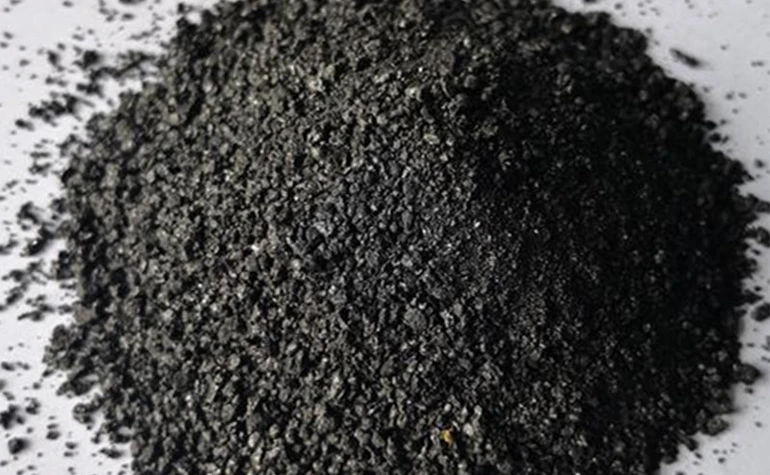
(graphite recarburizer)





 Pervious
Pervious
 Next
Next
